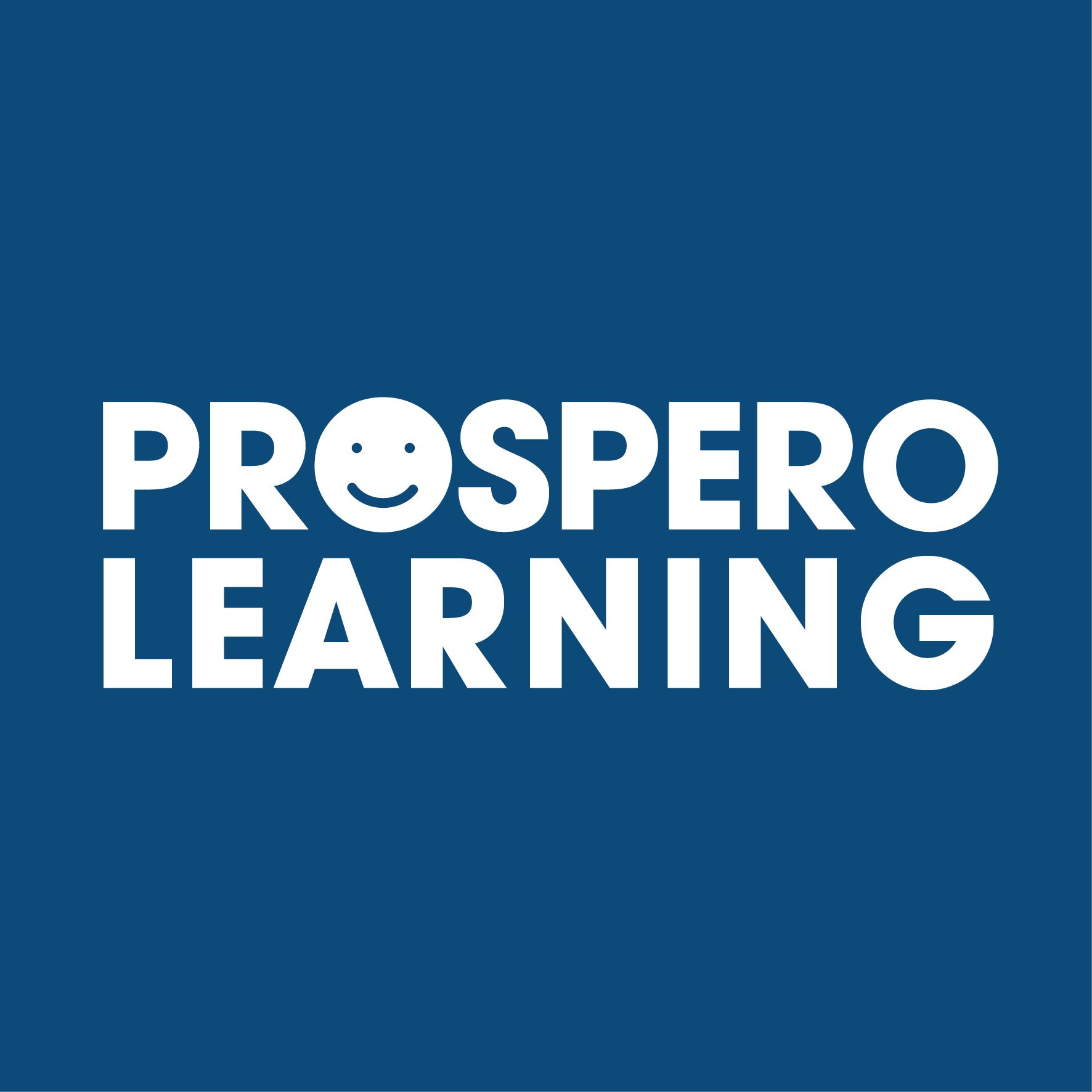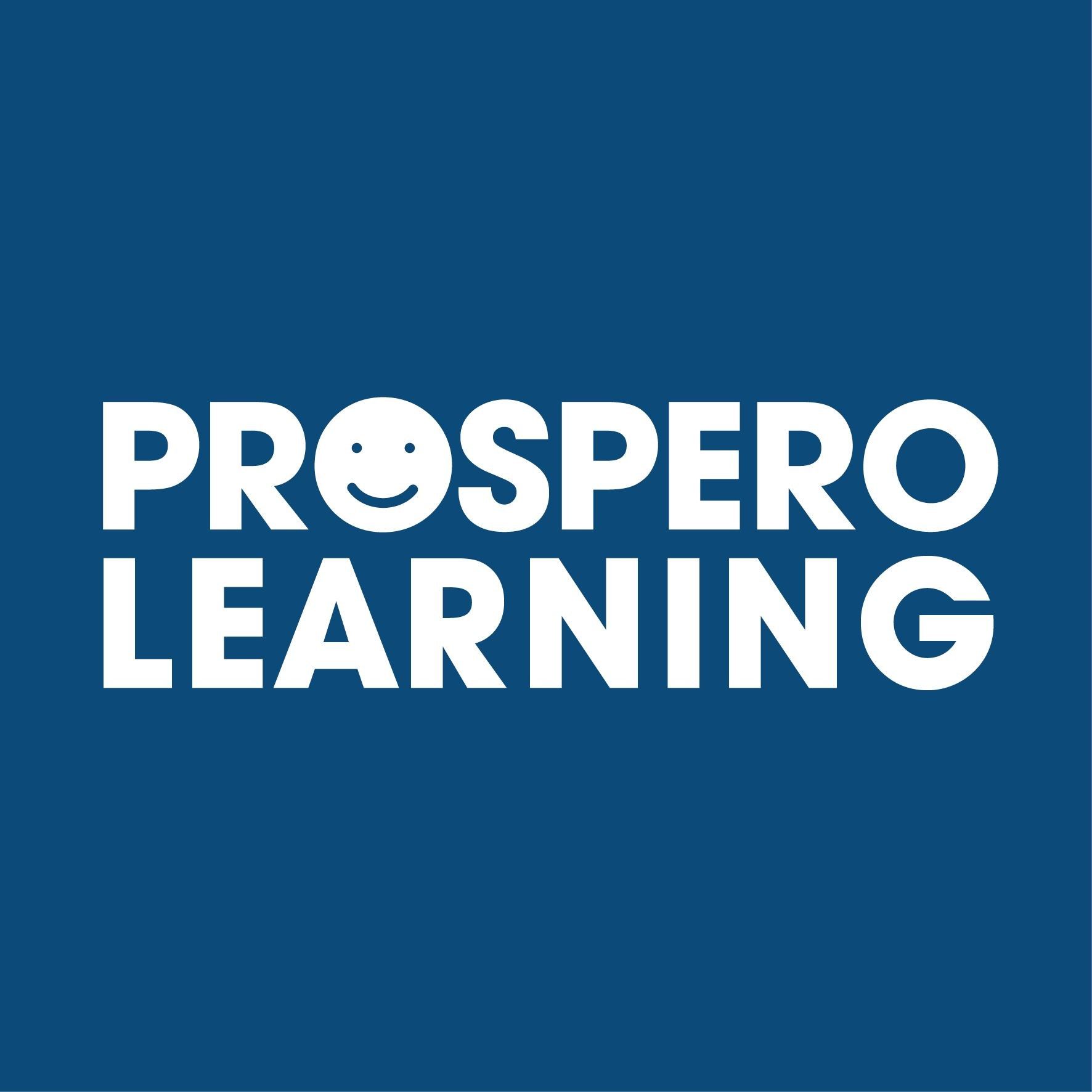Fostering a Growth Mindset:
Scaffolding learning promotes a growth mindset, emphasizing that abilities can be developed through effort, practice, and perseverance. When students are supported through scaffolding techniques, they begin to see their progress and recognize that their capabilities are not fixed but can be improved over time. By experiencing success in manageable increments, students become more willing to take risks, embrace challenges, and develop a positive attitude toward learning.
Providing Clear Learning Goals and Expectations:
One of the essential aspects of scaffolding learning is setting clear learning goals and expectations. When students have a clear understanding of what they are working towards, they are better able to navigate their learning journey. By breaking down larger goals into smaller, achievable objectives, students can track their progress and celebrate their accomplishments along the way. This incremental approach helps build confidence as students experience success at each stage of their learning.
Modelling and Demonstrating:
Effective scaffolding involves modelling and demonstrating tasks or thought processes to guide students in understanding how to approach a task. By explicitly showing students the steps, strategies, and thought processes required to complete a task successfully, teachers provide a clear roadmap for students to follow. This demonstration helps build their confidence by showing them that the task is manageable and achievable.
Encouraging Collaboration and Peer Support:
Collaborative learning experiences can enhance the effectiveness of scaffolding techniques. Pairing students with varying levels of expertise allows them to learn from and support one another. When students work together, they have the opportunity to share ideas, clarify concepts, and reinforce their understanding. Collaboration fosters a sense of community and encourages students to take ownership of their learning, boosting their confidence along the way.
Providing Timely and Constructive Feedback:
Feedback is a crucial component of scaffolding learning. It helps students understand their progress, identify areas for improvement, and celebrate their successes. Timely and constructive feedback should be specific, highlighting strengths and offering suggestions for growth. By focusing on the process rather than just the end result, teachers and teaching assistants can guide students towards mastery while nurturing their confidence.
Scaffolding learning is a powerful approach that empowers students to become confident, independent learners. By providing the necessary support, breaking down complex tasks, and gradually removing assistance, teachers can guide students towards success. Through scaffolding, students develop a growth mindset, gain a sense of achievement at each step, and become more willing to tackle challenges. If you want to find out more about scaffolding, take our free on-demand course. All you have to do is register with Prospero Learning to begin your CPD journey!
For more from Prospero Learning, head over to our website to register with us, sign up to free on-demand courses, check out our library of blogs, or find out about the live CPD courses we have coming up. As ever, the cost of our online webinars and in-person courses is fully refundable (minus the booking fee) for attendees who register with Prospero Teaching.

